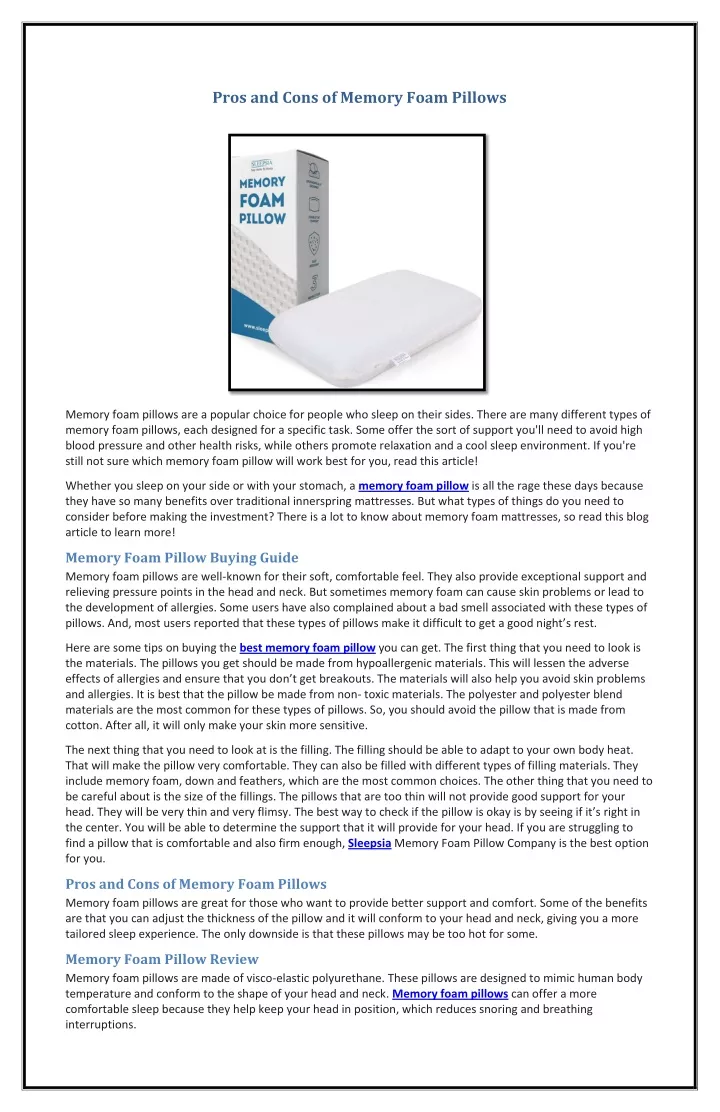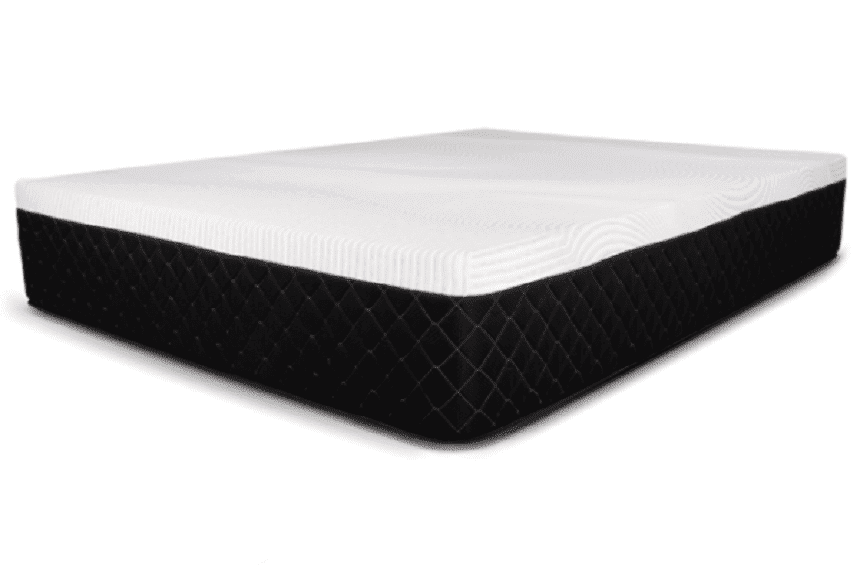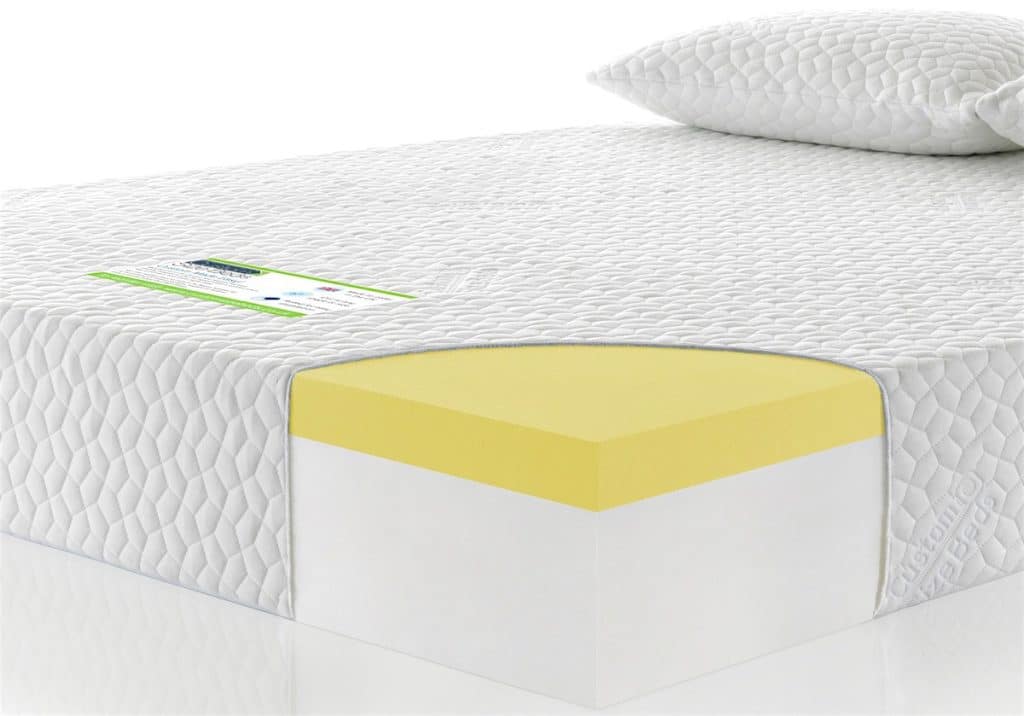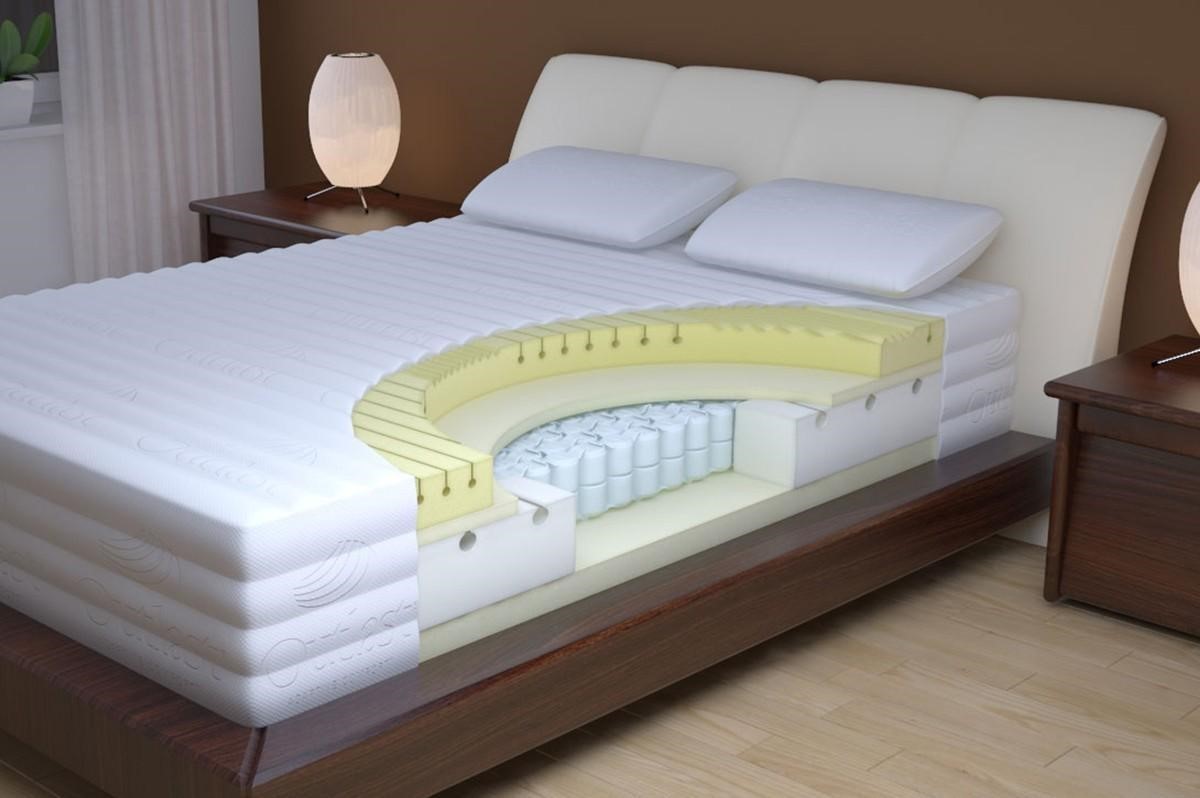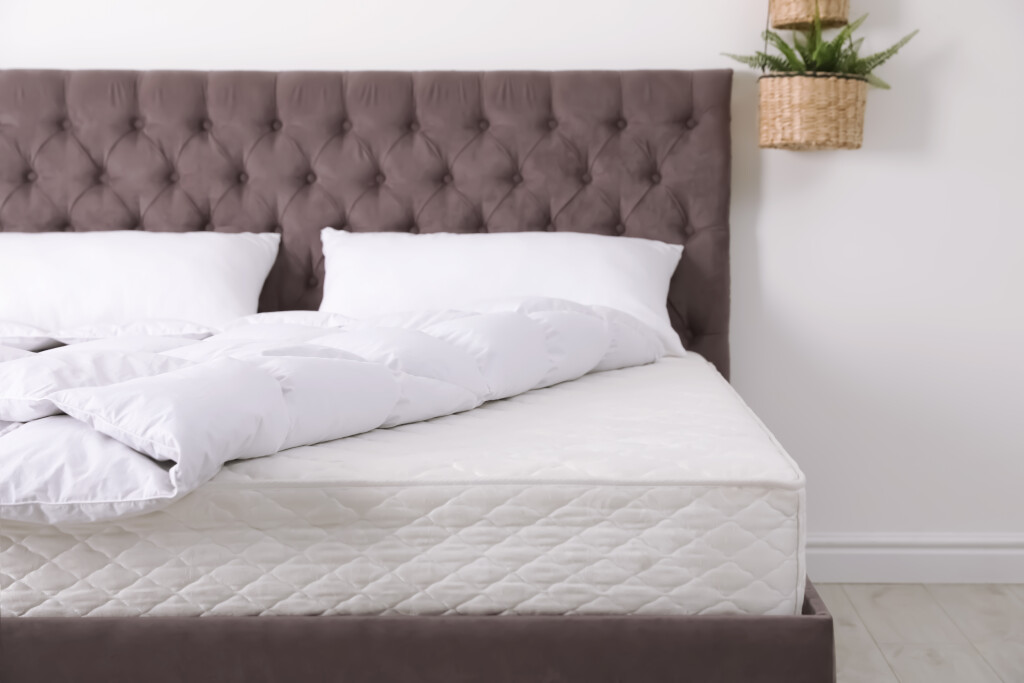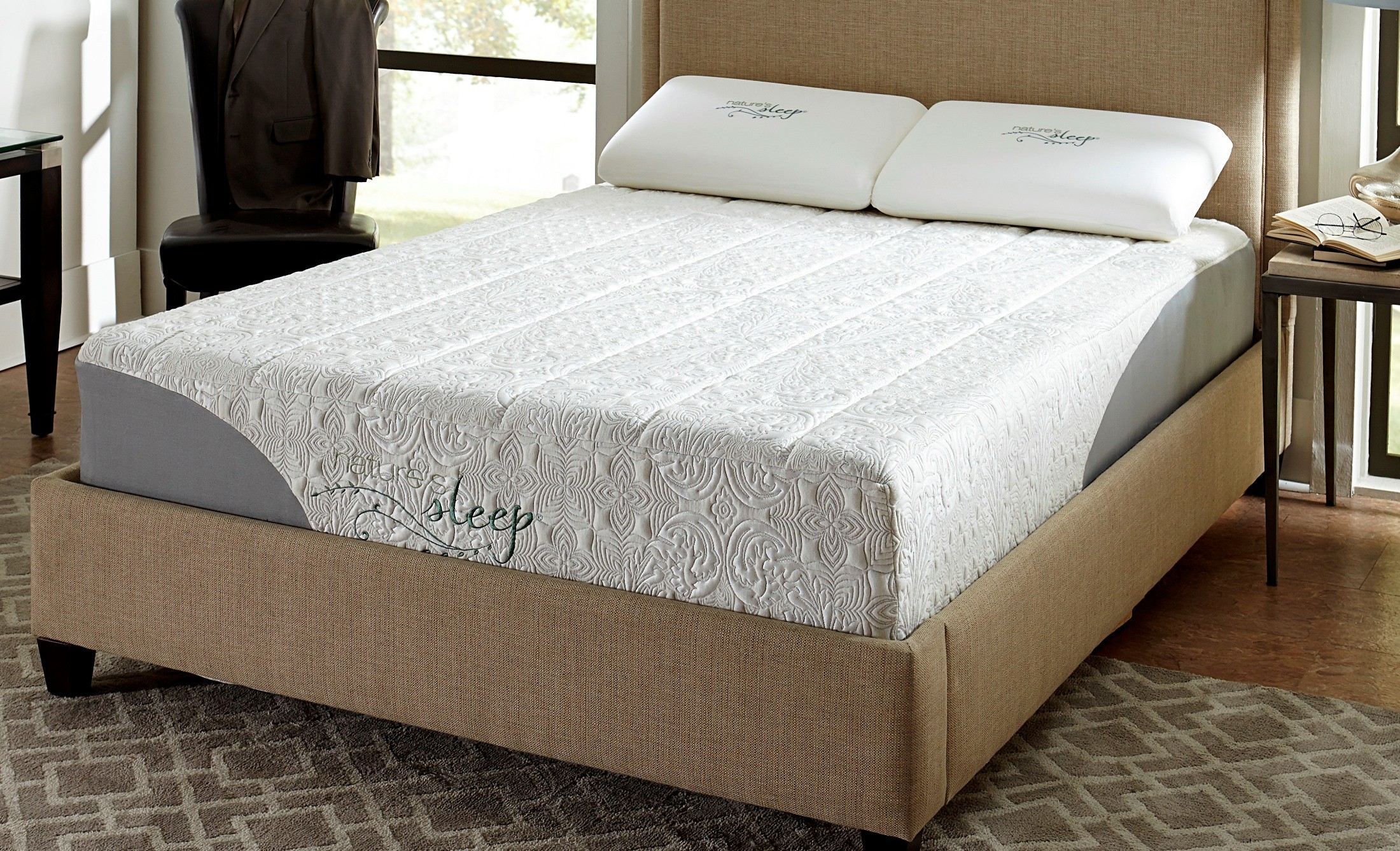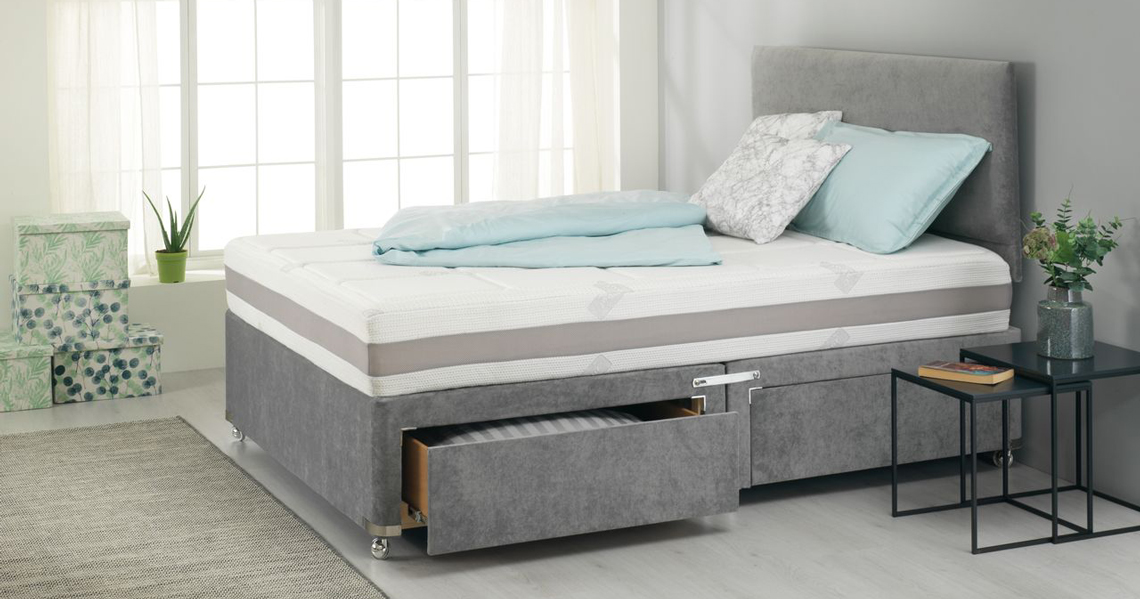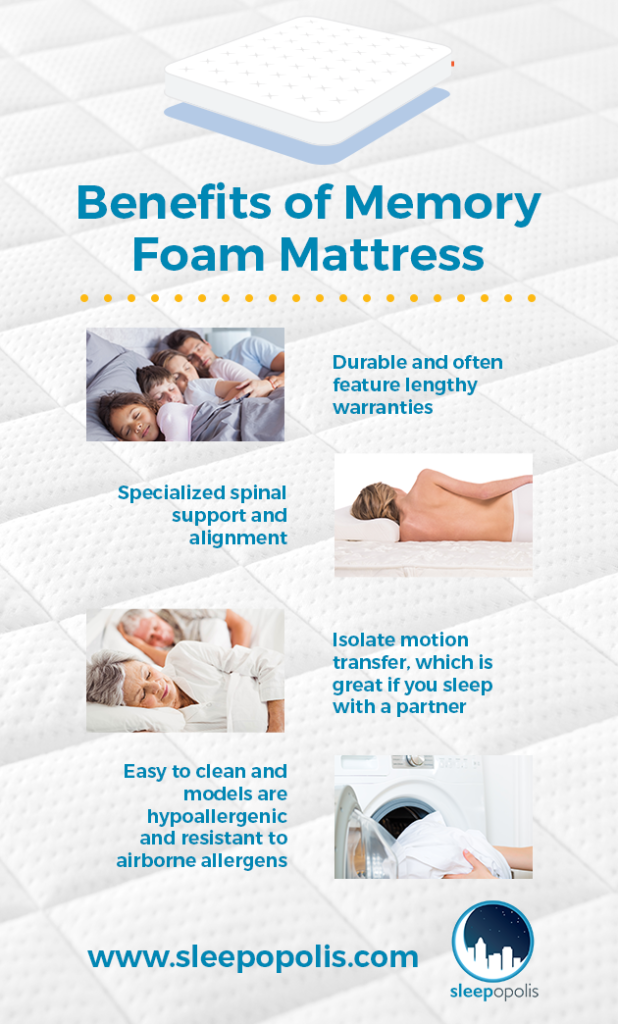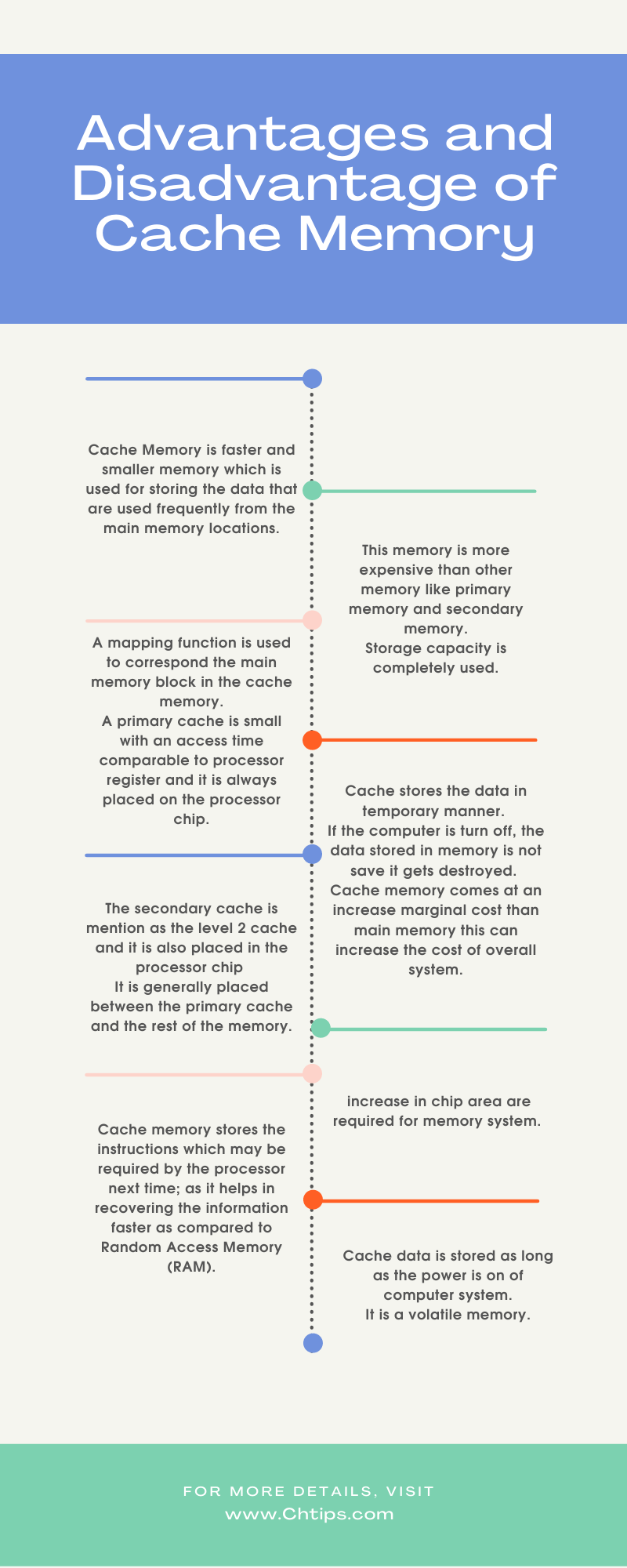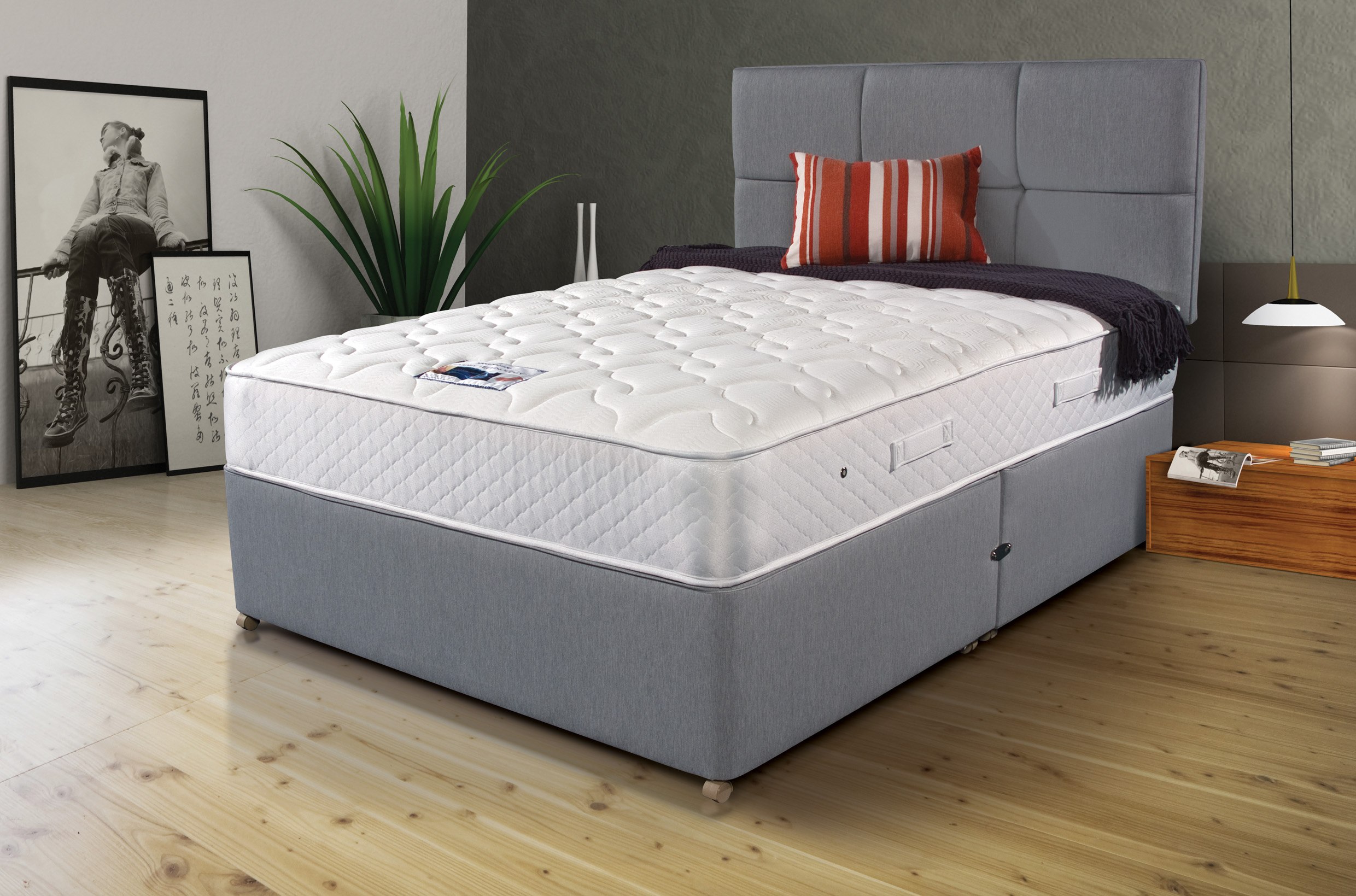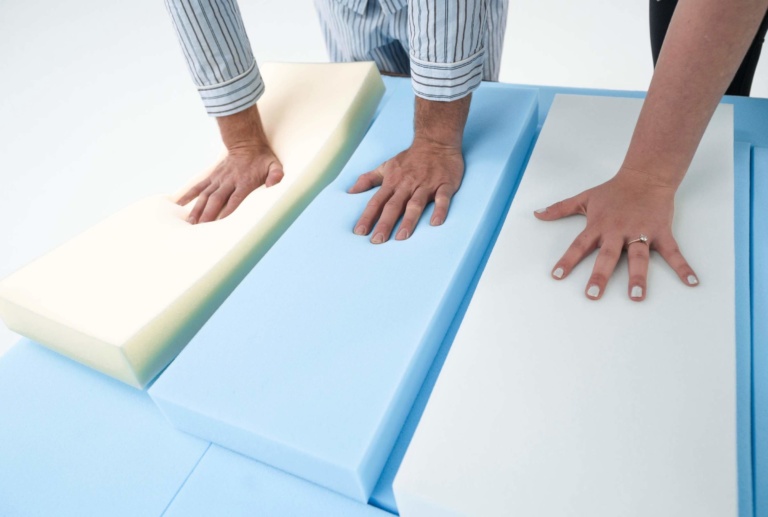Memory Foam Mattress Pros and Cons: Is It the Right Choice for You?
Memory foam mattresses have gained popularity in recent years for their ability to provide a comfortable and supportive sleep surface. However, like any other product, they come with their own set of pros and cons. In this article, we will delve into the top 10 pros and cons of memory foam mattresses to help you make an informed decision before purchasing one.
Pros:
1. Pressure Relief: Memory foam mattresses are known for their ability to distribute weight evenly and contour to the body's shape. This helps relieve pressure points, particularly in areas like the hips and shoulders, providing a comfortable sleep experience.
2. Motion Isolation: If you share a bed with a partner, you may have experienced being jolted awake by their movements. Memory foam mattresses have the ability to absorb movement, making them a great choice for couples with different sleep schedules.
3. Allergy-Friendly: Memory foam mattresses are naturally hypoallergenic, making them a great choice for those with allergies or respiratory issues. They are resistant to dust mites, mold, and other allergens, helping you sleep better at night.
4. Customizable: Memory foam mattresses come in different levels of firmness, allowing you to choose the one that best suits your sleeping preferences. This is particularly beneficial for those with back or joint pain, as a firmer mattress can provide better support for the spine.
5. Long-Lasting: While traditional mattresses tend to wear out within 7-10 years, memory foam mattresses can last up to 15 years with proper care. This makes them a cost-effective option in the long run.
Cons:
6. Heat Retention: One of the main complaints about memory foam mattresses is that they tend to trap body heat, making them uncomfortable for hot sleepers. This can be mitigated by choosing a mattress with cooling gel or opting for a thinner memory foam layer.
7. Off-Gassing: Memory foam mattresses are known to emit a chemical smell for the first few days after unpacking. This is due to the manufacturing process and should dissipate over time. However, if you are sensitive to smells, it may be a concern.
8. Weight: Memory foam mattresses tend to be heavier than traditional mattresses, making them difficult to move or rotate. This can be a challenge for those who live alone or have physical limitations.
9. Cost: Memory foam mattresses, particularly those with higher density foam, can be more expensive than traditional mattresses. While they may be a worthwhile investment in the long run, it may not be feasible for everyone's budget.
10. Lack of Bounce: Memory foam mattresses are known for their contouring and pressure relief properties, but this means they lack the traditional bounce of a spring mattress. This can be a matter of personal preference, but it may not be suitable for those who prefer a more responsive sleep surface.
Is a Memory Foam Mattress Right for You?
After weighing the pros and cons, it's important to consider your own sleeping preferences and needs before making a decision. If you prioritize pressure relief and motion isolation and don't mind the initial off-gassing and lack of bounce, a memory foam mattress may be a great choice for you. However, if you tend to sleep hot or prefer a bouncier mattress, it may be worth exploring other options.
Ultimately, a good mattress is one that provides you with a comfortable and restful sleep experience. So take your time, do your research, and choose the mattress that best suits your individual needs.
Additional Body Paragraph: Memory Foam Mattresses and Spinal Alignment

Supporting Healthy Posture and Reducing Pain
 One of the major benefits of a memory foam mattress is its ability to provide proper spinal alignment. The
memory foam
material molds and conforms to the shape of your body, providing
support
to your pressure points and allowing your spine to rest in its natural curvature. This
support
is crucial for maintaining healthy posture and reducing pain in your neck, shoulders, and back. With a traditional spring mattress, you may experience pressure points and gaps that can cause discomfort and disrupt your sleep. However, with a memory foam mattress, you can enjoy a more comfortable and pain-free night's rest.
One of the major benefits of a memory foam mattress is its ability to provide proper spinal alignment. The
memory foam
material molds and conforms to the shape of your body, providing
support
to your pressure points and allowing your spine to rest in its natural curvature. This
support
is crucial for maintaining healthy posture and reducing pain in your neck, shoulders, and back. With a traditional spring mattress, you may experience pressure points and gaps that can cause discomfort and disrupt your sleep. However, with a memory foam mattress, you can enjoy a more comfortable and pain-free night's rest.
Adjustable for Different Sleep Positions
 Another advantage of memory foam mattresses is their adaptability to different sleep positions. Whether you are a back, side, or stomach sleeper, the
memory foam
will adjust and support your body accordingly. This is especially beneficial for those who tend to toss and turn throughout the night, as the mattress will constantly provide
support
and comfort no matter which position you end up in. This not only promotes better sleep but also helps to prevent any potential strain or discomfort on your spine.
Another advantage of memory foam mattresses is their adaptability to different sleep positions. Whether you are a back, side, or stomach sleeper, the
memory foam
will adjust and support your body accordingly. This is especially beneficial for those who tend to toss and turn throughout the night, as the mattress will constantly provide
support
and comfort no matter which position you end up in. This not only promotes better sleep but also helps to prevent any potential strain or discomfort on your spine.
Minimizing Motion Transfer
 If you share a bed with a partner, you may have experienced the annoyance of being jolted awake every time they move. Memory foam mattresses are known for their ability to
minimize
motion
transfer
due to their dense and
viscoelastic
properties. This means that when your partner moves, the foam will absorb the
motion
and prevent it from transferring to your side of the bed. This is especially beneficial for light sleepers and can lead to a more restful night's sleep for both you and your partner.
In conclusion, while there may be some downsides to memory foam mattresses such as their initial cost and potential heat retention, the benefits far outweigh the cons. The
support
they provide for proper spinal alignment, their adaptability to different sleep positions, and their ability to minimize motion transfer make them a top choice for a comfortable and healthy night's sleep. Consider investing in a memory foam mattress to improve your overall sleep experience and promote better posture and pain relief.
If you share a bed with a partner, you may have experienced the annoyance of being jolted awake every time they move. Memory foam mattresses are known for their ability to
minimize
motion
transfer
due to their dense and
viscoelastic
properties. This means that when your partner moves, the foam will absorb the
motion
and prevent it from transferring to your side of the bed. This is especially beneficial for light sleepers and can lead to a more restful night's sleep for both you and your partner.
In conclusion, while there may be some downsides to memory foam mattresses such as their initial cost and potential heat retention, the benefits far outweigh the cons. The
support
they provide for proper spinal alignment, their adaptability to different sleep positions, and their ability to minimize motion transfer make them a top choice for a comfortable and healthy night's sleep. Consider investing in a memory foam mattress to improve your overall sleep experience and promote better posture and pain relief.

